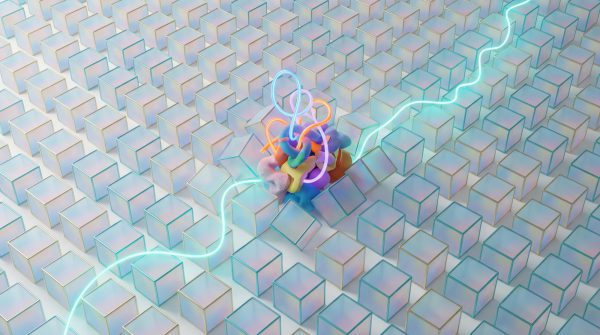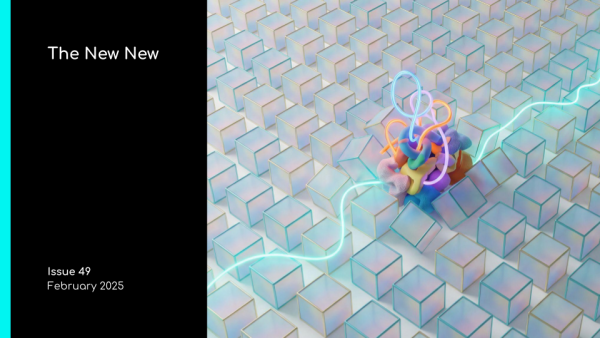Neurorights
Scientists are getting better at decoding what happens inside our minds—and it’s only a matter of time before others want a peek.

Recent issues of The New New have rounded up captivating advancements from the world of brain science. We’ve seen brain organoids sense their environment and teach themselves to play Pong. Down below, we introduce “DishBrain” to our lexicon. Over at Ford, brainwave driving will allow us to take our hands off the wheel. Plus, we’ve seen a new prosthesis that could restore memory in people with damaged brains, and a new system captures the exact words and phrases someone was thinking.
These groundbreaking explorations underscore the boundless potential in understanding and interacting with the human brain.
This fast-moving progress is also now spurring an emerging “neurorights” discussion. Analogous to data privacy, neurorights advocates for protecting mental privacy and encouraging responsible brain data use and interventions.
Consider the case of Ross Compton, whose heart data was used against him in court. Similarly, recordings from brain devices could be employed as incriminating evidence or reveal a person’s emotional state during legal proceedings.
In this fascinating juncture where innovation meets responsibility, we find ourselves at the crossroads of progress and prudence. In embracing neurorights, we will forge a path that harmonizes the promise of discovery with the imperative of safeguarding individual autonomy.
The scientists and leaders committed to neurorights today will ensure our mental landscapes remain illuminated and unexploited into the future.






